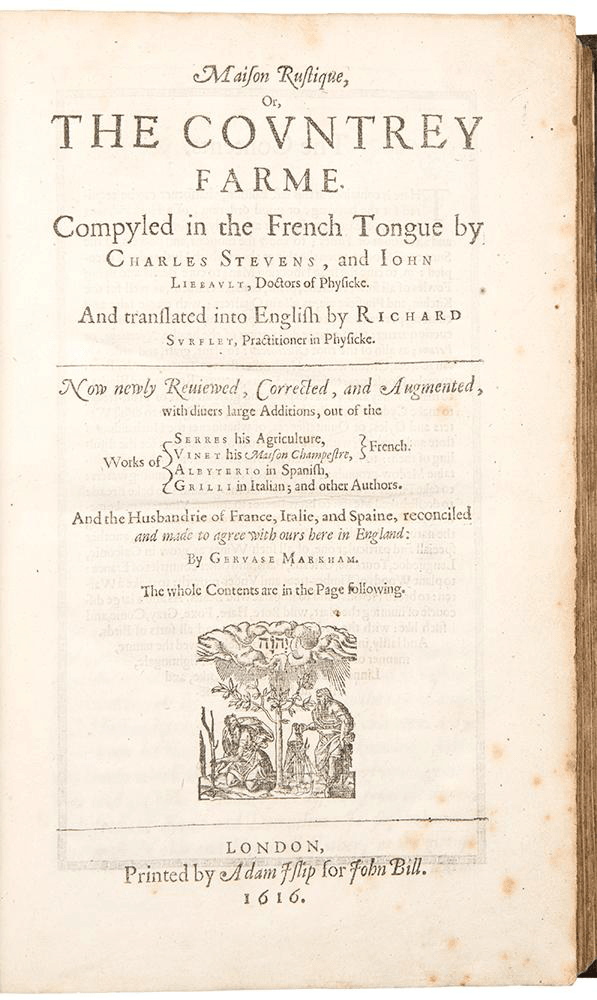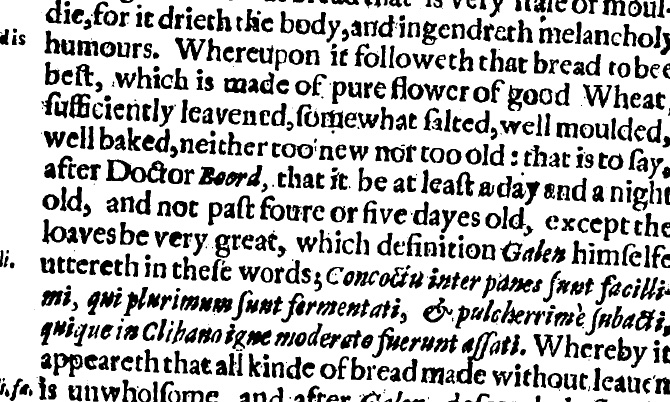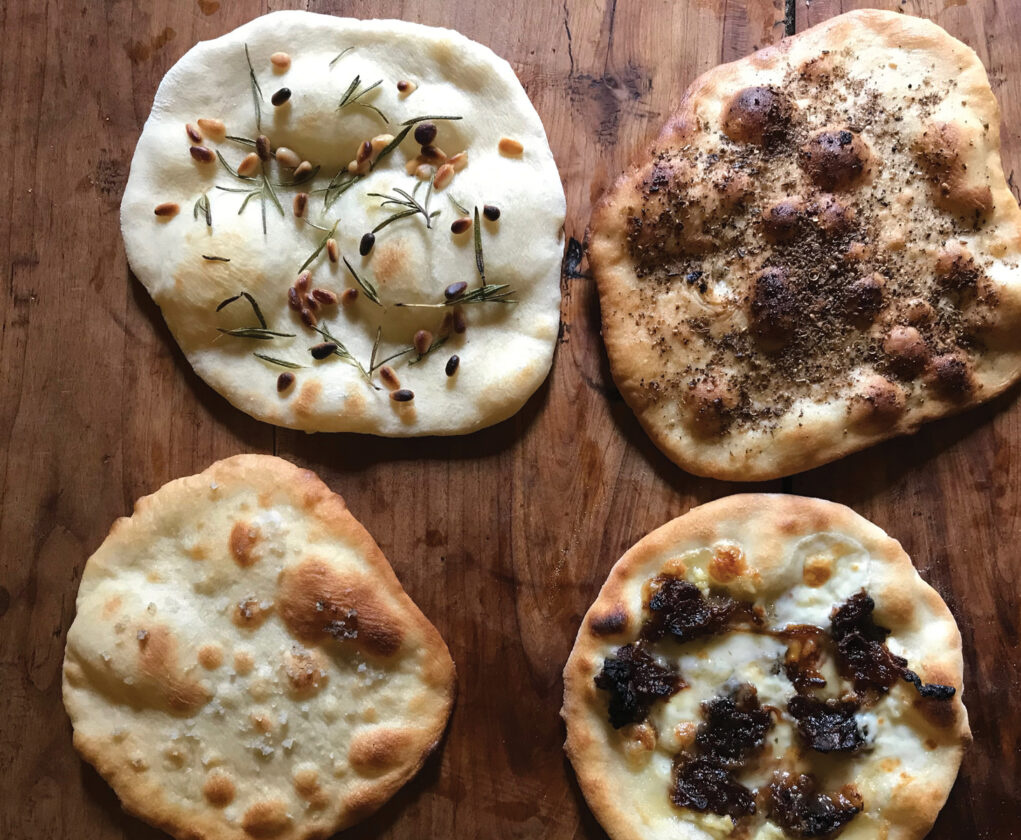This Spring 2022 seminar series taking us from Seminar #29 through #34 starts with an in depth look at the history of written bread recipes starting with Ancient Egypt and ending in the late 19th century. There are three talks in my “close reading” series where I read from historic texts and then talk about the reading, pointing out why I think the texts are important, what we can learn from them. As is said, “The Devil is in the details.” In bread history, gold is in the details. It is often only when you get to sentence level that you find what is special. Seminar #31 centers on the English language baking vocabulary from roughly 1550 to the end of the 19th century. This talk is based on my bread term dictionary manuscript. The last talk in this series explores flatbreads—and will include solid how-to instructions for home bakers working in both modern kitchens and who may have access to wood fired ovens.
I am looking forward to seeing you at these talks—they are always on Thursdays, every two weeks from the start of March 17, and always at 9 am Pacific.
Rubel’s Bread History Seminar #29: Bread Recipes 1300 BCE-1900 CE (Thursday, March 17, 9am Pacific. For this date, and this date only, California is GMT-7. We go back to GMT-8 for the next talk, because of Daylight Savings.)

History of bread recipes from 1300 BCE to the 1880s, plus hands-on experience interpreting recipes. Zoom Rooms for part of the session. This is reasonably technical talk about recipes and recipe structure. People who bake historic recipes will find the talk especially useful.
Rubel’s Bread History Seminar #30: Close Reading of Maison Rustique (Thursday, March 31, 9am Pacific)

This week, we delve into the world of early modern bread with a close reading of the 1616 edition of Maison rustique. The 1616 edition is one of the best selling agricultural texts of all time, a book that, with revisions, was in print for roughly two hundred years, and was edited and expanded by Gervase Markham, an important English writer on agriculture and bread. This text offers a deep look into the grain and bread culture of the early 17th century, offering useful insights for historic research, and for understanding our bread today.
Rubel’s Bread History Seminar #31: Finding Bread Culture in Medical Texts (Thursday, April 14, 9am Pacific)

Readings from medical texts from the 1580-1850s. Exploring bread and bread culture in health manuals and medical texts. Not boring! Another of my deep reading lectures. The devil is always in the details, and the medical texts are filled with details that enrich our understanding of bread in our reasonably recent past. The yeast/sourdough discussions today have a foundation that is traceable back to Classical Rome and are evident in Early Modern medical texts, as well. Quoting the famous lines by the American writer, William Faulkner, “The past is never dead. It’s not even past.”
Rubel’s Bread History Seminar #32: Brexit, French Bread, & English Muffins (Thursday, April 28, 9am Pacific)

Two 18th-century English breads offer us insights into 21st century politics: English French Bread and English Muffins. Talk plus recipes. Why study the past? What makes bread history valuable? I think that this look at what the English called “French Bread”—a yeasted, lightly enriched white bread that was a popular style amongst the French elite in the 18th century—along with a look at the “muffin” we know as the English muffin, first popularized in the first half of the 18th century—offers insights into both English and American culture. In England, the Brexit split can be seen as a playing out of cultural divisions that were articulated in the 18th and 19th centuries around “French bread” and muffins.
Rubel’s Bread History Seminar #33: Finding Insights in Words (Thursday, May 12, 9am Pacific)

A riff on words. We glean cultural and technical insights from William’s Dictionary of English Bread Terms, 1550-1880. My bread term dictionary (mostly English) manuscript is now around 60,000 words explaining a couple hundred terms. Culture is encoded in words. The bread vocabulary gets into lost techniques, but I think more importantly, it offers up insights into bread and culture that are otherwise very hard to see, including a record of deep misogamy.
Rubel’s Bread History Seminar #34: Flatbreads! Breads of Choice and Breads of Poverty (Thursday, May 26, 9am Pacific)

Breads of choice, breads of poverty. I’ll discuss flatbreads and show you how to make a bread formed around a hot rock and other techniques. Most of us attending my lectures, including me, are from a loaf bread culture. Most of the world’s bread eaters eat flatbreads. Flatbreads were the first breads, remain the bread of choice for most bread eaters AND have always been available to the abject poor in loaf cultures as breads of necessity. A few of those breads, like the French crepe, the Scottish oat cake, and the Italian piadina have survived to become commercial bread products, but most European flatbreads have disappeared.
You should get Genevieve Bardwell on to talk about the history of salt rising bread. She wrote about it with Susan R. Brown. She’s a great speaker and does excellent zoom demos! “Salt Rising Bread: Recipes and Heartfelt Stories of a Nearly Lost Appalachian Tradition”
LikeLike
I actually did have Genevieve talk about salt rising bread back in February of last year: https://www.youtube.com/watch?v=v-dlZNcjsC4
LikeLike